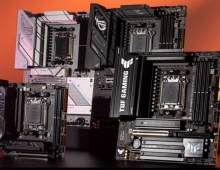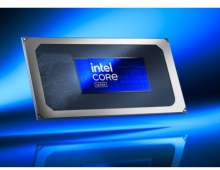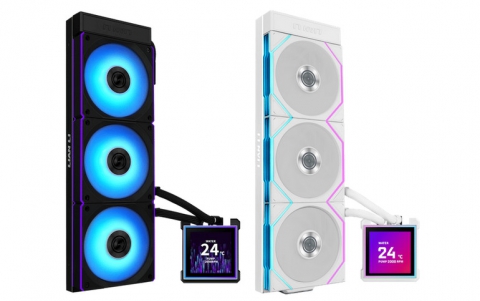
ARM Comments On Intel's 3D Transistor Technology
ARM described Intel's move into 3D chip technology was a "fantastic marketing coup" but it would not affect plans by ARM's partners to manufacture smaller, more powerful chips.
"Intel's announcement of 3D structures at 20 nanometer was an interesting announcement but from our point of view nothing really more than that," Chief Executive Warren East told Reuters on Tuesday.
"..manufacturers will deploy (3D technology), but probably not before they absolutely need to it because it comes with complexities," ARM's East said.
"What matters is, if I'm going to make a real chip, what performance can I get at what power consumption?," he said, adding that 3D technology was not necessarily the answer.
ARM's chips technology dominate the mobile computing arenadue to their low power efficiency and cost.
During Intel's 2011 investor conference on Monday, Intel's chief said that the company would not adopt rival ARM' technology to build mobile chips, and said smartphones using its silicon would go on sale next year.
Intel is rushing to improve the power consumption of its mobile processors, with new chips being launched for tablets and smartphones. Although the company has so far failed to crack the smartphone market, the significant improvement in power efficiency in its latest 22 nanometer technology is expected to eventually extend to its "Atom" mobile processors.
On the other hand, ARM's chips are expected gain a significant boost after Microsoft's decision to configure its Windows software for ARM chips, in recognition that tablets were eroding growth in its PC stronghold. However, it is not clear whether Microsoft's new OC would be compatible with any x86 software applications.
"..manufacturers will deploy (3D technology), but probably not before they absolutely need to it because it comes with complexities," ARM's East said.
"What matters is, if I'm going to make a real chip, what performance can I get at what power consumption?," he said, adding that 3D technology was not necessarily the answer.
ARM's chips technology dominate the mobile computing arenadue to their low power efficiency and cost.
During Intel's 2011 investor conference on Monday, Intel's chief said that the company would not adopt rival ARM' technology to build mobile chips, and said smartphones using its silicon would go on sale next year.
Intel is rushing to improve the power consumption of its mobile processors, with new chips being launched for tablets and smartphones. Although the company has so far failed to crack the smartphone market, the significant improvement in power efficiency in its latest 22 nanometer technology is expected to eventually extend to its "Atom" mobile processors.
On the other hand, ARM's chips are expected gain a significant boost after Microsoft's decision to configure its Windows software for ARM chips, in recognition that tablets were eroding growth in its PC stronghold. However, it is not clear whether Microsoft's new OC would be compatible with any x86 software applications.





















